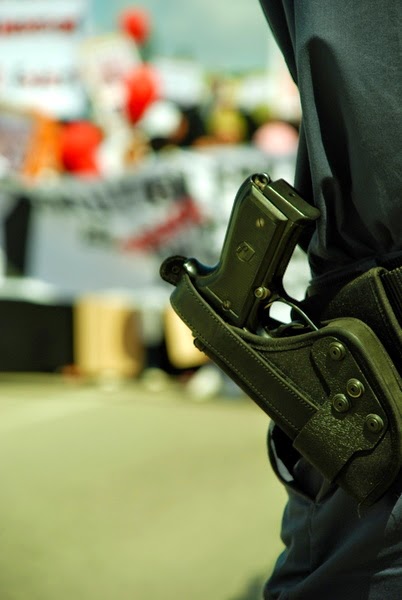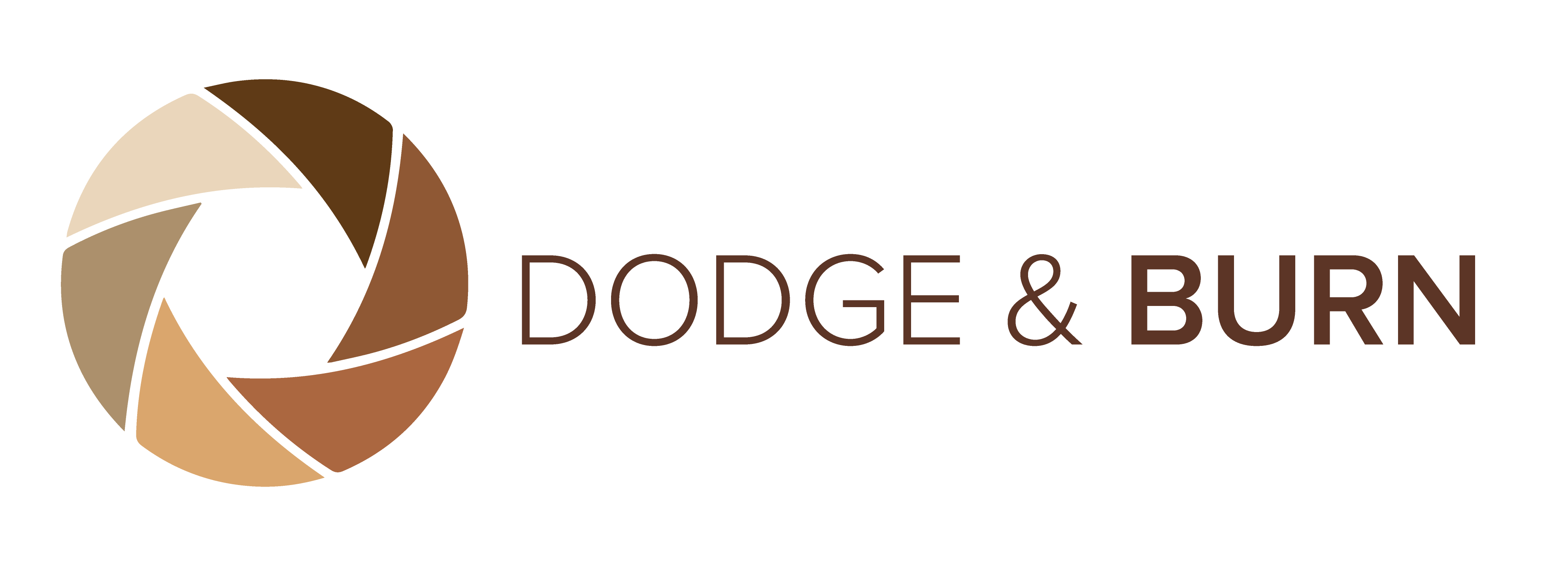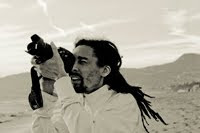Photographer Interview: Rushay Booysen
Rushay’s has gotta be one of the coolest dudes I’ve never met. He’s a South African who tweets in Spanglish, calls himself a “freemason of the voiceless”, has much respect for women and seems to always be globetrotting with his camera.
Hopefully one day our paths will meet, until then I stay connected to Rushay’s photography on Flickr, tweet him up on Twitter and follow him on Facebook. And you should too, Rushay’s one to watch…
D&B: Where are you from?
RU: Howdy folks (Southern accent), I am from South Africa a small city on the south coast called Port Elizabeth aka Nelson Mandela Bay. I think Google maps should have us on so go out and search you will find me!
D&B: What kind of photography do you shoot and how did you get started – any “formal” training?
RB: I’m more into photojournalism. I have always had a interest in documenting what I see around me. I have no formal training whatsoever. It’s just been blogs and searches online that have been my basic training. Other than that it’s been intuition. I just want to capture pure emotion.
 |
| Copyright Rushay Booysen |
D&B: What cameras or techniques do you use?
RB: I use a Nikon D80 – its a nifty tool very compact and I’m able to maneuver myself through society without much hassles and constraints. I want my focus to be on the image as I see it so any changes are very minimal.
D&B: Who are your mentors (in photography)?
RB: A mentor, Hmmm… that one is bit difficult as I never sit down and just focus on one individual’s work. There are so many people out there that inspire me from the professionals to the amateurs. I’m trying to eliminate this line because I feel so many people limit themselves by the categories and equipment that they use. Everybody that’s on Flickr: you’re my mentor!
D&B: Have you experienced any setbacks or different treatment along your photography career that you would attribute to being a photographer of color? (this question is optional)
RB: Different treatment… I never really looked at that because there are different challenges from all ends. When I was schooling we had no introduction to a lot of artistic mediums. Apartheid kept a lot from us, so not having any form of introduction to various outlets I had to search for that myself.
That search often took me to communities where I stood out like a lion amongst a herd of sheep. I very seldom shoot in the community I grew up in because of crime, so its been a continuous journey of defining myself and where I place myself within society. I would just love to break down any “ism’s” that we find in this given time.
D&B: When did you realize you could have a career in photography? Describe your journey towards becoming a working photographer.
RB: I never noticed the potential as I was just snapping away and it was really something i enjoyed doing. The more people started commenting on my work the more I realized the potential in actually pursuing this as a career. I’ve been receiving requests to do weddings but I don’t feel that [weddings] test my creative ability and also my mind state.
The Internets been great gateway just getting the exposure and building upon that exposure. Recently I was featured on CNN’s iReport and some international publications have used my images.
D&B: What do you hope to achieve with your photography
RB: I have always been raised with a culture of sharing. If I look back at the struggles of my parents and the generations before them, I see how dependent they were on each other not because they couldn’t accomplish anything but because of the constraints placed around them. I would like to view my achievements and future goals as a paradox to these constraints. I hope to share with the world, that would be my ultimate achievement.
 |
| Copyright Rushay Booysen |
D&B: What’s your dream photography project?
RB: I’m currently working halfway on a dream project: a book with a partner. Partner sounds so formal so I would have to say a friend, Danya Steele from New York. The idea is for us to co-create a very inspiring and powerful photo essay/photo book that showcases many of South Africa’s young leaders and top talent: entrepreneurs, musicians, social change agents, writers, reporters, artists, academics, civic leaders – people coming out from all regions of the nation today.
What we want to do is document who they are, where they’ve come from, and how they see themselves and their role in reshaping the country, the conversation about Africa at large, and what it means to truly define one’s own destiny against any odds. I would love to tour Africa after that and share with various youth and allow them to hold a camera and share with me what they see.
D&B: What’s the biggest (life) lesson you’ve learned through photography?
RB: If I sit down and think, I think every frozen moment is special and being able to share that with generations to come after me… that’s an amazing thought for me.
There is one image that seems stuck in my mind and that’s the image of a young Hector Pieterson shot during the apartheid years. The image itself reminds me of what humanity should never become and I strive to be part of a solution to some of the problems in our world through sharing some of my images.
STAY IN TOUCH
Get updates on new photographer interviews plus news on contests, art shows and informed commentary on what’s happening with diversity in photography. Subscribe to Dodge & Burn Photography Blog: Diversity in Photography by Email
Follow me on Twitter @mestrich for more on photography
4 Comments
Add yours+ Leave a Comment
You must be logged in to post a comment.


Just love his work! And he truly respects women. When you have Rushay as a friend you are blessed!
Very, very inspiring Qiana. I would be really interested to know how you interview and happen to know all these amazing photographers!
Rushay's photography caught my eye immediately when I saw his work last year. I'm very loyal to following his flickr account to see what he maybe sharing.
Thank you to a wonderful interview!
Very proud of you dude. Plz keep it up. I'll keep spreading the word. Blessings hermanito.